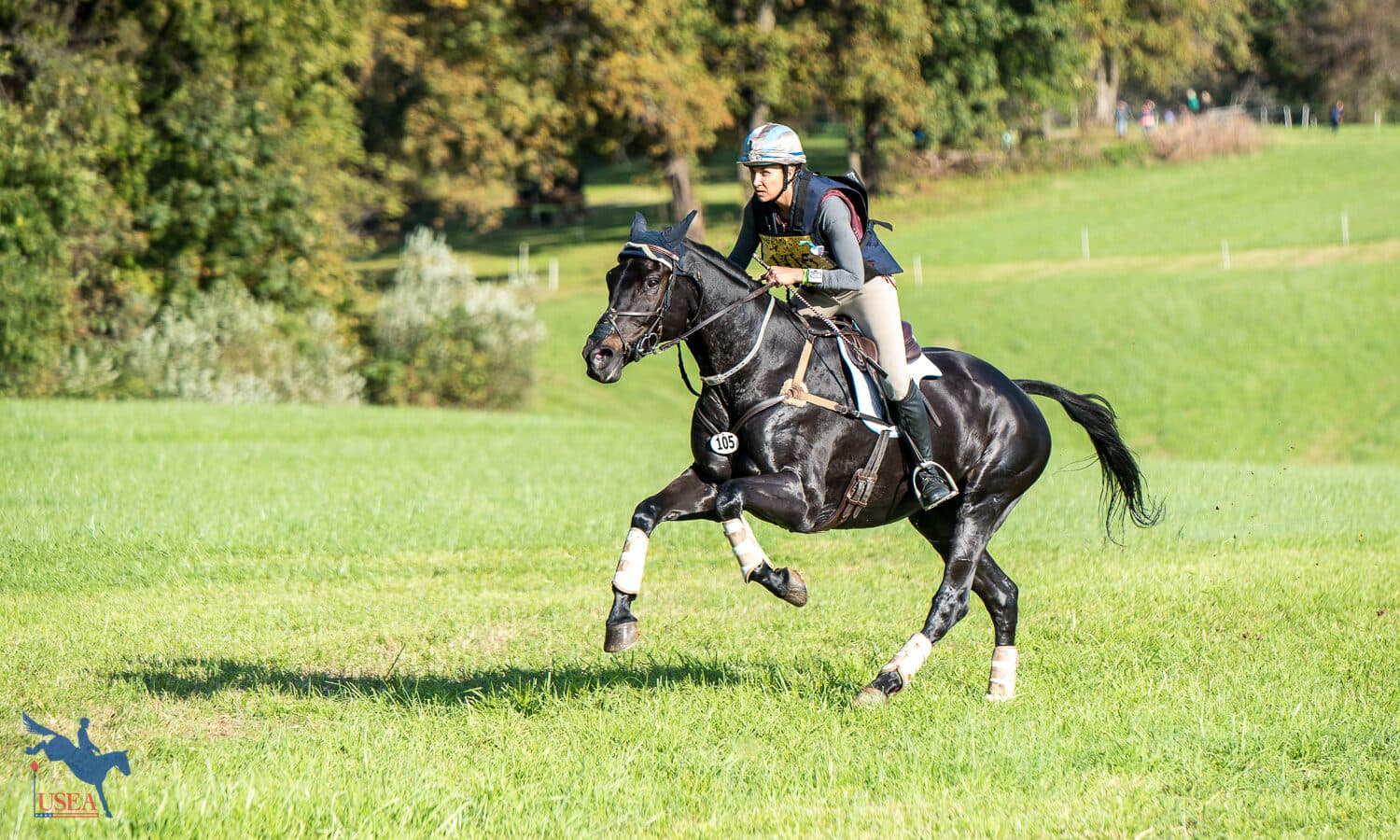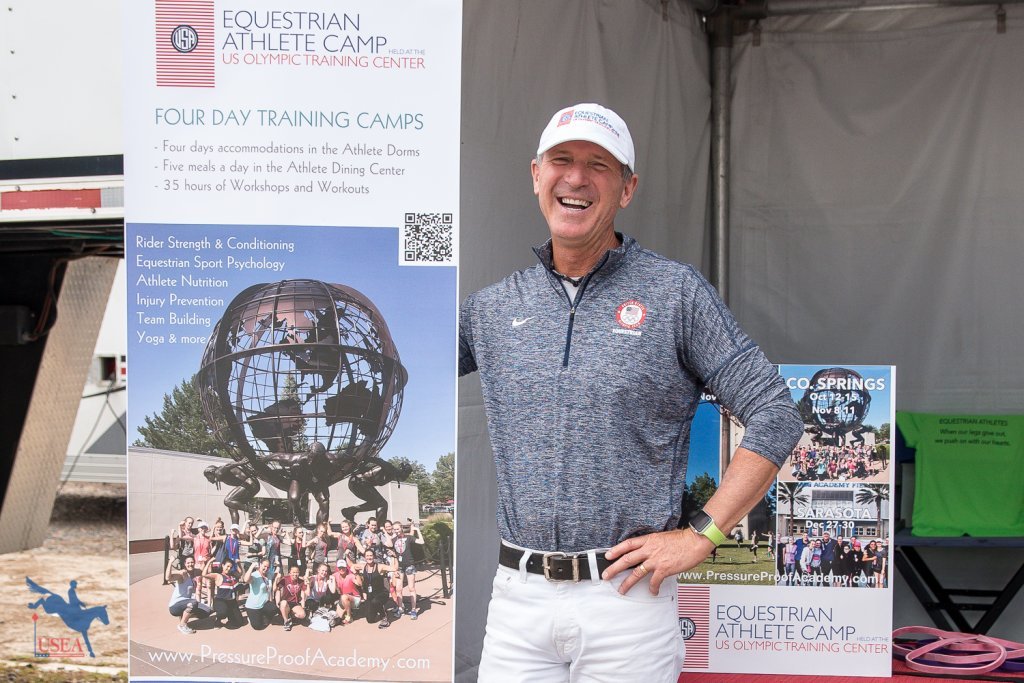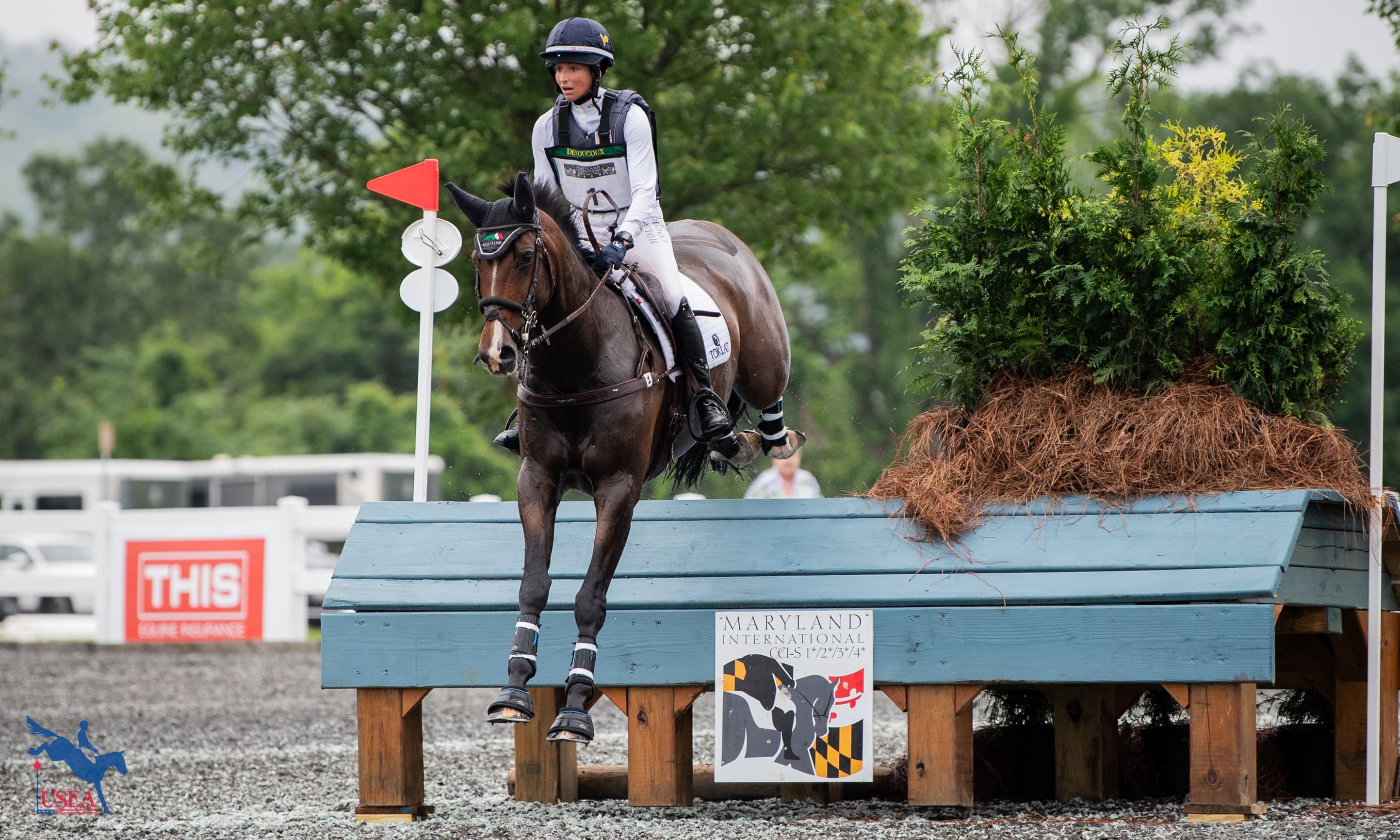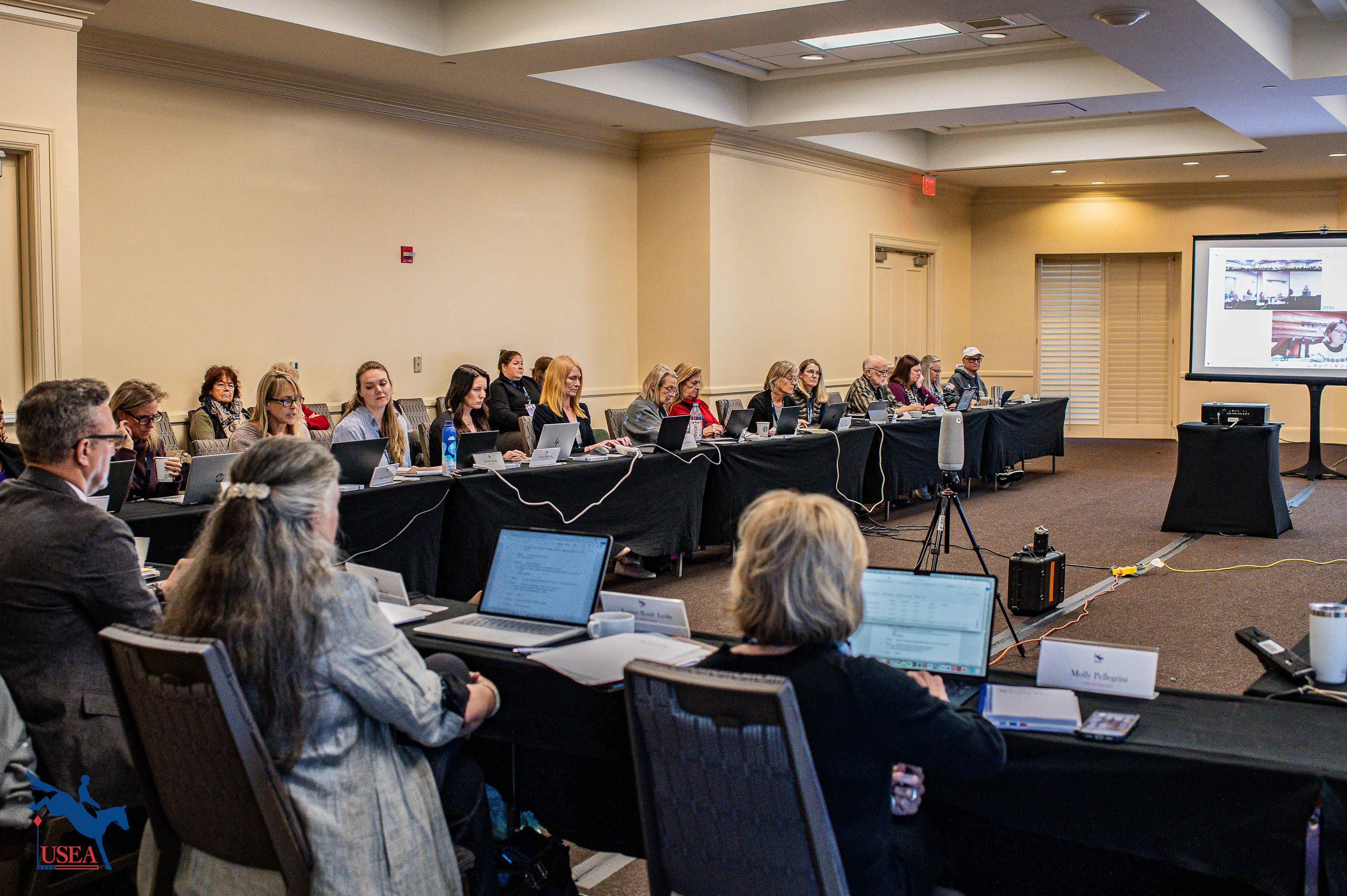Daniel Stewart's Tip of the Month: Conscious and Competent

Becoming a confident equestrian requires learning an endless array of important skills, but learning those skills isn’t always easy and can sometimes leave you feeling a bit discouraged, disappointed, defeated, and disheartened (did I mention disqualified?). To ensure you manage the expectation and emotional ups and downs that can occur with learning new skills, it’s important that you become mindful of the many different emotions you're likely to experience when moving through the stages of learning.
One way to do this is to become familiar with the Conscious Competence Ladder, a four-part program designed to help you understand the many natural thoughts and emotions that can occur when learning new skills. It focuses on two important factors: consciousness (awareness) and skill level (competence) and claims that you should expect to experience the following four stages of learning:
1. Unconsciously Incompetent (not knowing what you don’t know)
You’re blissfully ignorant in this stage. You don't know that you don't have a skill or that you even need it. Your confidence here usually exceeds your abilities, so it’s important to identify how your current strengths and weaknesses will influence your ability to grow as a rider. Asking your trainer for their input and having a desire to really improve (no matter what) are important requirements for moving out of this level.
2. Consciously Incompetent (knowing what you don’t know)
This is definitely the most disheartening stage of all because it’s here that you realize you don't have a skill you wish you had. Even worse - you discover that others are much better at it than you and can even make it look easy without trying! Working through this stage requires you to be patient, positive, and proactive; and moving past it requires you to employ lots of mental tools like setting plenty of achievable short-term goals; using a mojo mantra to combat disappointment, and telling yourself that short-term discomfort will ultimately lead to long-term growth.
3. Consciously Competent (knowing what you know)
This stage is going to feel a lot better than the last one because it’s here that all your hard work and patience finally pays off and you begin to feel thankfully competent at a skill you once thought impossible. In this stage, you practice your new skill often and gain more confidence each time you perform it. You still need to concentrate when doing it, but it becomes more and more automatic and natural each time.
4. Unconsciously Competent (not knowing what you know)
When you arrive at this stage you don't really even know you have a skill, it's just natural and you perform it effortlessly without any conscious thought. In this empowering phase, you feel completely confident and at ease teaching it to others. Once you arrive here it’s important to continue challenging yourself by learning more new skills (back to step one!) and to remind yourself that you may slide backward if you don't continue to use and/or teach your new skills regularly.
Becoming mindful of these four stages can really help relieve some of the dejection and disappointment you might otherwise feel when learning new skills because they can help you understand the kind of “normal” emotions you'll likely experience (it’s not just you!) They can also help you stay motivated when times get tough and manage your expectations and behaviors so you don't try to achieve too much, too soon. They can also be very helpful for coaches because they help them understand what their riders are likely thinking and experiencing, while also allowing them to design a program with reasonable exceptions and specific exercises based on the exact stage that each of their riders are in.

I hope you’re enjoying my monthly tips and that I get the chance to see you at one of my clinics, or that I'll see you at one of my four-day Equestrian Athlete Training Camps this summer in Colorado, New York, Maryland, and Tennessee. For more information, click here.
Interested in sports psychology? Applications for the 2020 Worth the Trust Sports Psychology Scholarships are now available and are due on October 7, 2019. For more information, please contact Nancy Knight, (703) 669-9997.














